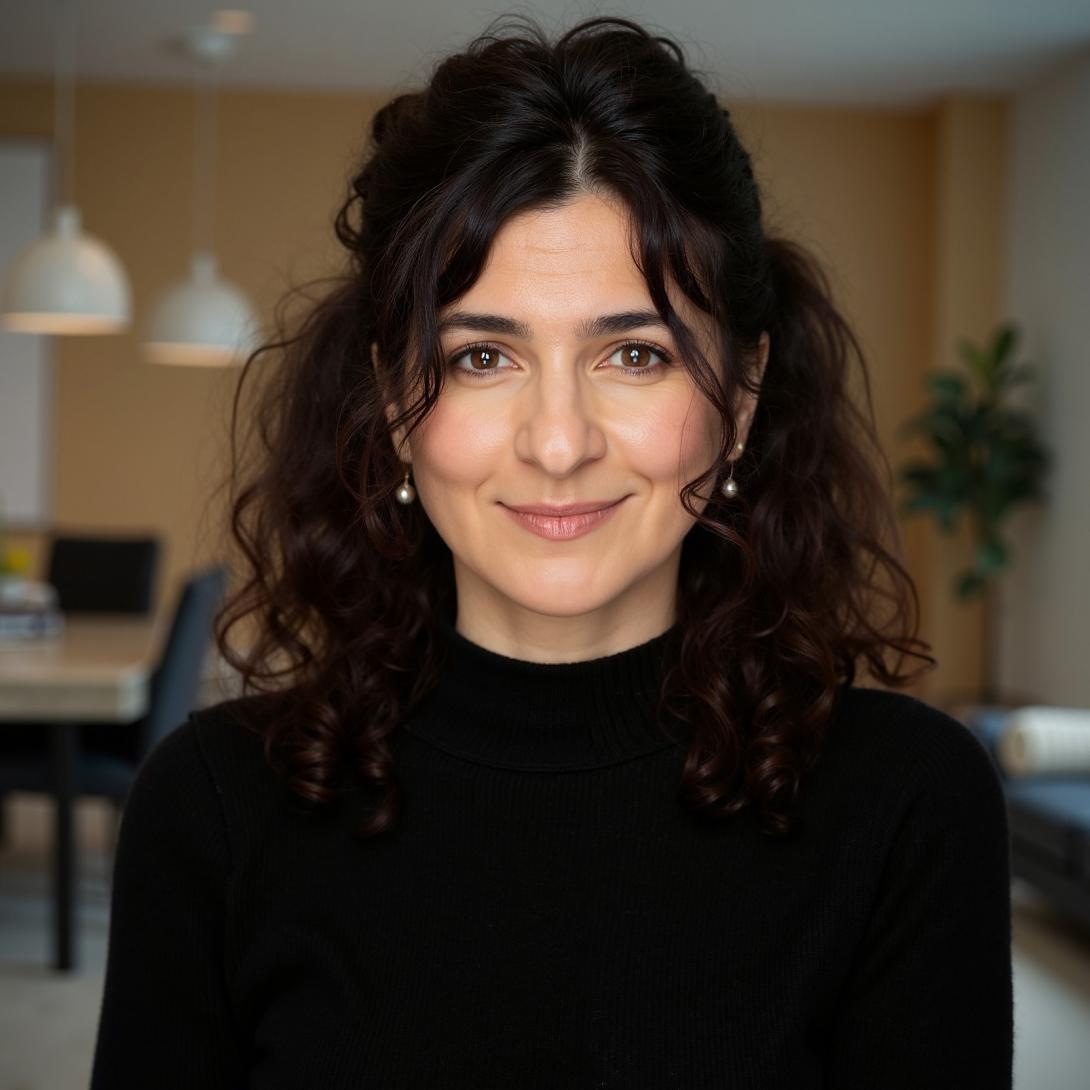-
Self-Organization in Massive Fish Schools
Abstract:
The remarkable cohesion and coordination observed in animal groups is thought to arise from scale-free correlations, where changes in the behavior of one animal influence others in the group, regardless of the distance between them. In this talk, I explore scale-free correlation and information propagation in mathematical models of massive schools of fish of the order of 10,000 individuals. I show that (1) as the school size increases, flow interactions destabilize global polarization, creating locally polarized clusters that dynamically self-organize, split and reassemble; (2) while correlations in cohesive and polarized clusters are scale free, splitting events are preceded by a decrease in correlation length; (3) information propagates linearly in time within cohesive groups, thanks to the non-reciprocal nature of interactions between individuals; and (4) the speed of information propagation within cohesive groups is robust to group size but varies with self-organization: merging of separate clusters increases the speed of information transfer within each cluster, while splitting and fragmentation decrease it. I conclude by commenting on the implications of these findings to size regulation and behavioral adaptations in living animal groups.

